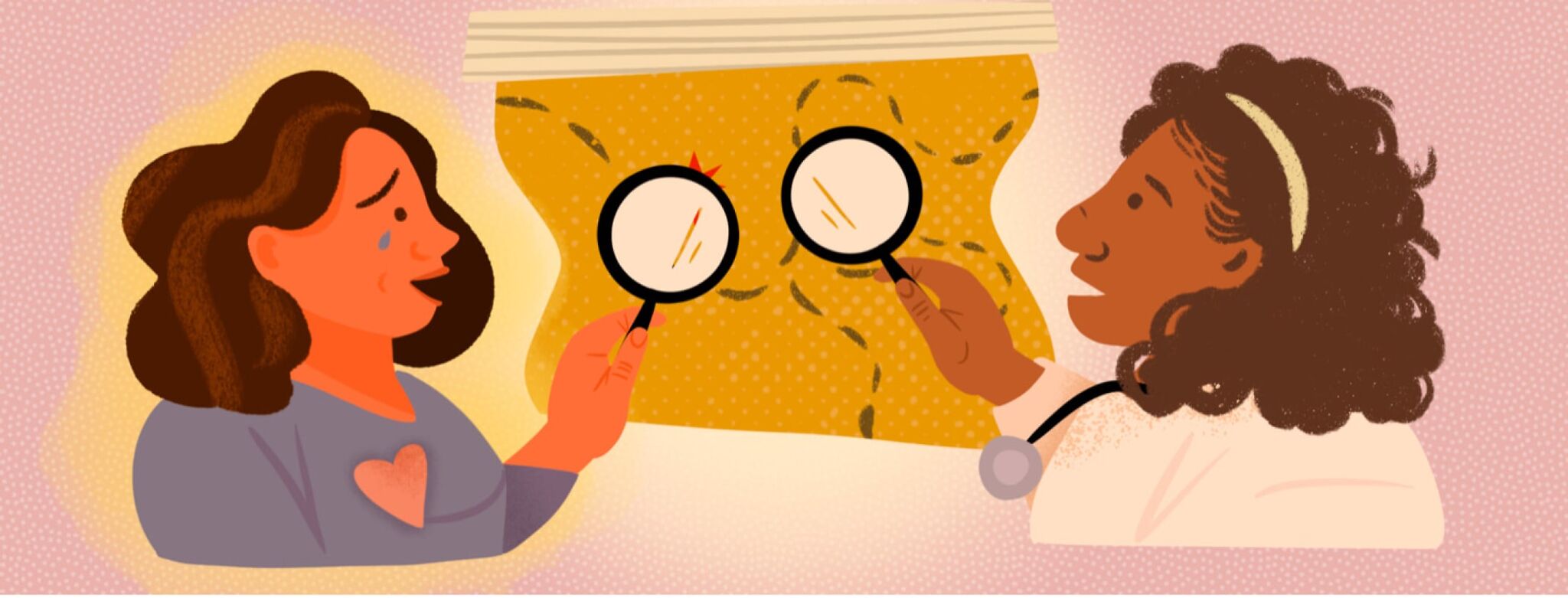The Power of Your Voice: Sharing All Symptoms with All Specialists
Time and time again, I'm reminded about the importance of telling every single one of my doctors about my health updates – including bothersome symptoms – even when it is not in their realm of specialty.
Besides the fact that doing so allows for my symptoms to be documented throughout my medical records by a multitude of providers, I've also found it to be extremely helpful in managing my care.
Symptoms and specialists
My specialists never cease to surprise me when they share seemingly random knowledge about possible treatment options or medical tests that may be helpful for my symptoms, whether or not they are within their specialty.
Other times, I'm surprised to discover my symptoms are within their specialty, and I just had not made the connection.
Why I keep my dentist in the know
Even my dentist asks me about any health changes, new diagnoses, or medications at every exam. I never thought of telling a dentist about anything outside my dental health and care. But when I thought about it, medical conditions can impact dental health.
For example, I've had chronic vomiting periodically throughout my life, and vomit can damage the enamel of the teeth. It was important for my dentist to be aware of this issue so that she could provide proper treatment options to help reduce the damage.
Seeking answers from my GI doctor
I shared in a previous article about my medical testing journey to determine the cause of my chronic vomiting that started in July 2022.
Related to this, I began experiencing increased bloating following my gallbladder removal in 2021. My bloating decreased during the year of my chronic vomiting (which I learned was the result of esophageal dysmotility). With proper medication, I've been able to control the vomiting, but now my bloating has amplified again.
I let my gastrointestinal (GI) specialist know what I was doing to try to reduce the bloating. He ordered an abdominal x-ray to check for any other issues that may be increasing my bloating but did not provide any additional treatment options at that time.
Treatment recommendations from an unexpected source
However, when my nephrologist asked how I have been doing lately, I told her about my bloating. And I'm so glad I did because my nephrologist, not my GI specialist, instructed me to drink aloe vera juice in the morning and take digestive enzymes with probiotics when I eat.
I notified my GI about my nephrologist's suggestions, and within days of implementing them into my daily routine, I noticed a significant difference in my bloating! In fact, if I don't remember to take my digestive enzyme with a meal, I start to feel "unusually" bloated a while after my meal, and it triggers me to take my digestive enzyme – it's been that significant of a difference for me!
Regardless of whether a provider has any suggestions to add, I'm always glad that I've notified them of my overall health and well-being instead of only what I think is within their area of expertise.

Join the conversation